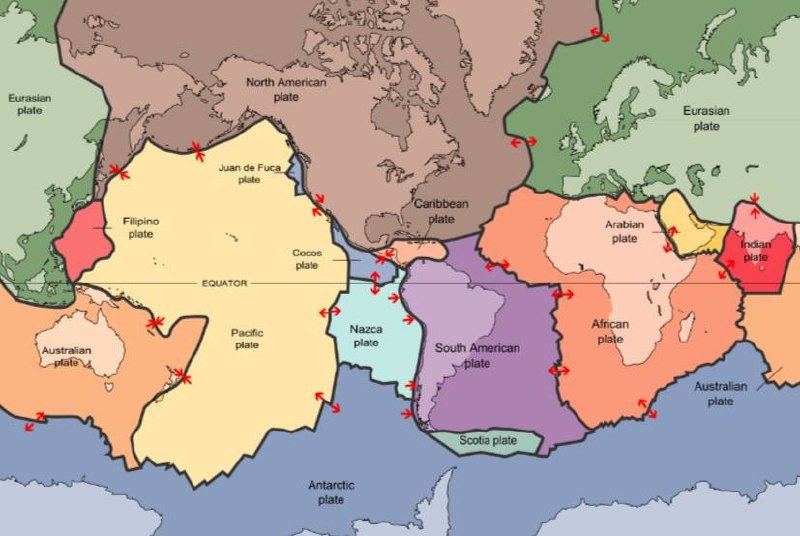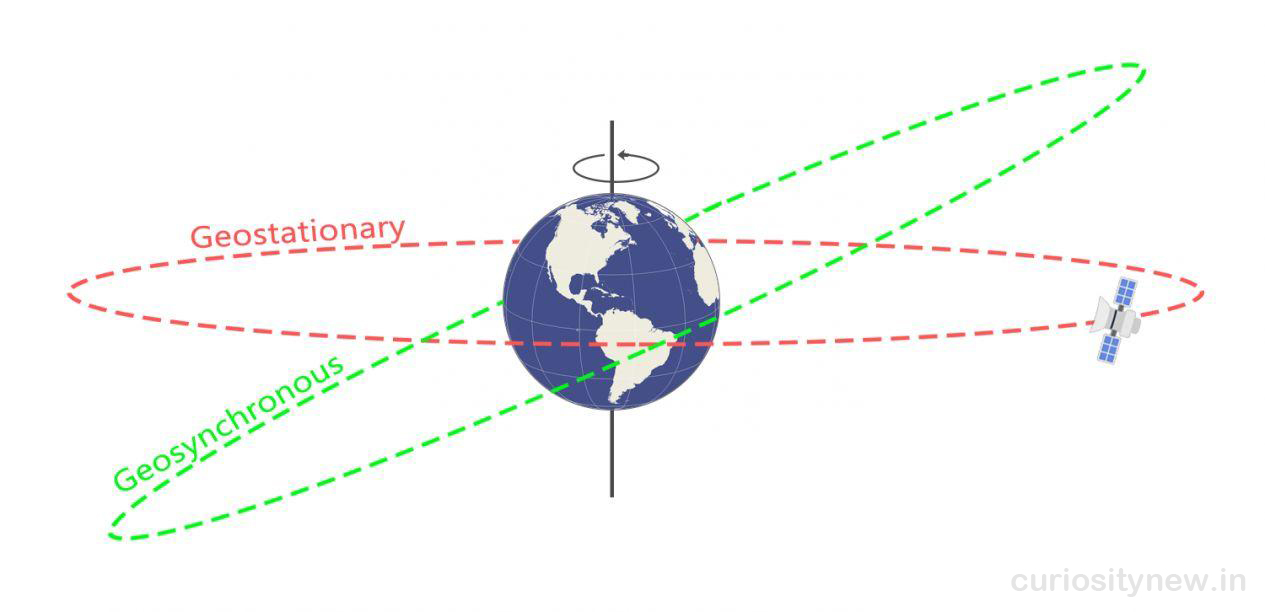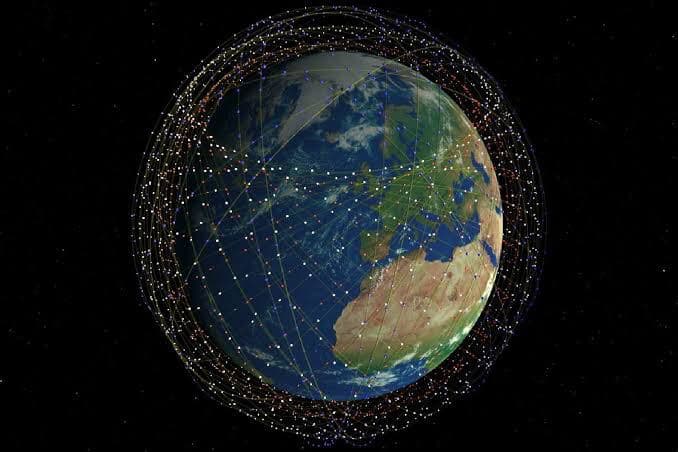
An earthquake is a natural phenomenon that occurs when there is a sudden release of energy in the Earth’s crust, resulting in seismic waves that can shake the ground. The energy is typically released when tectonic plates that make up the Earth’s crust move or collide with each other.
Tectonic plates are large sections of the Earth’s crust that float on top of the mantle, a hot and fluid layer beneath the crust. These plates move slowly and constantly over time, but when they interact with each other, they can cause stress and pressure to build up along their boundaries. When the stress and pressure reach a critical level, the plates may suddenly shift or break, releasing a tremendous amount of energy in the form of seismic waves. The point where the plates meet is called a fault line, and the movement of the plates along the fault line is what causes the ground to shake during an earthquake.
Earthquakes can occur anywhere in the world, but they are most common in areas where tectonic plates meet or where the Earth’s crust is thin or weak. These areas are known as seismic zones or fault lines. Some of the most well-known seismic zones include the Pacific Ring of Fire, which circles the Pacific Ocean, and the San Andreas Fault in California.
In addition to natural causes, earthquakes can also be triggered by human activity, such as drilling for oil or gas, mining, or building large dams. These activities can alter the stress and pressure on the Earth’s crust, which can lead to the movement of faults and the generation of earthquakes.
Overall, earthquakes are a natural phenomenon that occur when there is a sudden release of energy in the Earth’s crust. Understanding the causes and effects of earthquakes is an important area of study for scientists and engineers working to mitigate their impact on human populations.












